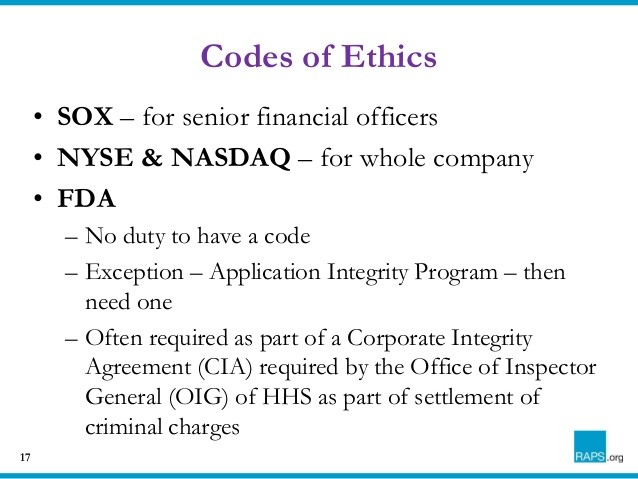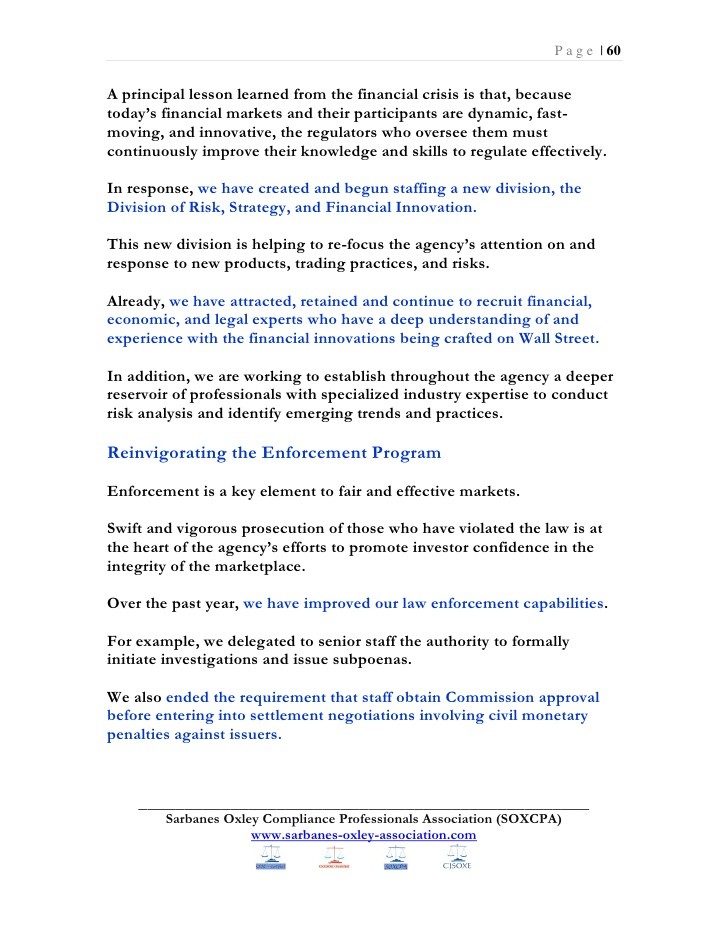SOX and the Financial Crisis
Post on: 16 Март, 2015 No Comment

Contextualizing the Crisis
Its widely accepted that the current economic meltdown came about as the result of a perfect storm of activities that caused stock market activity to dictate the health of the economy a stark contrast to the status quo, where the market is a reflection of economic health.
In the beginning, U.S. financial products were in high demand overseas. Foreign central banks and other investors were looking for dollar-based products with a higher yield than Treasury securities. In the meantime, the U.S. housing market had taken off like a rocket, with prices rising sky-high and builders scrambling to meet demand. Housing values placed home ownership beyond the reach of many people at least according to the old rules.
To fill the gap, lenders began creating sub-prime mortgages for people who wouldnt otherwise qualify for a home loan, often using adjustable rate mortgages (ARMs), low or no down payments, and other creative means to convince people that they could own a slice of the American dream. Predatory lending practices complemented the widely held public belief that homes always appreciate in value. These risky mortgages were then sliced up and repackaged as collateralized debt obligations (CDOs), and sold to investors with an AA or AAA rating. Insurance companies even sold instruments that protected investors from failed securities.
In the meantime, financial services firms used mortgage-backed securities as collateral to borrow money at 20 or 30 times their capitalization. While boatloads of money were flooding into the country thanks to foreign investments, this approach seemed like a gravy train. That train started screeching to a halt, however, when overbuilt housing markets caused prices to plummet and ARMs started to adjust upward. Suddenly, homeowners found themselves either unable to pay their adjusted mortgages or that they owed more on their homes than the homes were worth or both. The result? Unpaid mortgages resulted in defaults, which led to a flood of foreclosures.
Mortgage lenders took the first hit, but other banks and financial services firms werent far behind. The CDOs began to lose their value, and overleveraged companies couldnt raise the capital to compensate for their debt. The insurance companies couldnt cover the losses from the failed securities. Banks saw their assets dwindle and their debt expand, causing them to freeze credit so that major industries didnt have access to short-term loans to meet operational expenses. Although the U.S. government has stepped in at numerous points (to arrange buyouts of some firms to other firms, to take over Fannie Mae and Freddie Mac, to add $700 billion of liquidity to the financial markets), the credit crunch isnt loosening and the stock market continues to be battered. Unemployment rates have topped 6.5% and consumer spending is down.
Who is to Blame?
Although there is a considerable amount of finger-pointing going on, there seems to be a consensus that some of the responsibility is in the hands of individuals who borrowed money they couldnt repay and then walked away from their homes. Some of the responsibility is in the hands of banks and other lenders who were targeting high-risk consumers for loans that were unreasonable. Some of the responsibility is in the hands of financial firms that packaged these securities and sold them as solid investments, and then used them as collateral to over-leverage. Some of the responsibility is in the hands of the Administration and Congress, which were either asleep at the switch or philosophically opposed to stepping in, preferring to let the free market run its course.
The SOX Act and GRC
If the current financial crisis is partially a regulatory failure, is it one that the SOX Act should have prevented? It can be argued that the SOX Act succeeded, in that the legislations intent is to provide mechanisms that ensure transparency. In other words, when a publicly traded company has bad financials, investors have a right to know. And, indeed, in the early stages of the unraveling of these companies, the SOX Act served to warn that companies were overleveraged. That investors and companies chose to ignore the information is not a failure of the SOX Act, but instead a function of human greed.

The financial meltdown does, however, speak to a failure of the other two prongs of GRC, namely governance and risk management. Every step of the way, some mortgage lenders and financial services companies failed to properly manage the risks associated with subprime mortgages and CDOs.
Regulatory Backlash & Reform
In the wake of this economic crisis, there will almost certainly be a regulatory backlash. With a Democrat in the White House and Democrats strengthening their majorities in both the House and the Senate, the laissez-faire policies of the Bush Administration will quickly recede into memory. Similarly, demands for reform will come from shareholders with battered portfolios. Undoubtedly, there will be calls to separate the positions of CEO and Chairman, so that the CEO focuses on operations and meeting financial targets, and the Chairman focuses on oversight and the interests of stakeholders.
In addition, there will be an acceleration of the recent trend to institute board-level risk committees and create the role of a Chief Risk Officer. Currently, almost three-quarters of directors rely on the CFO to keep them apprised of risk-related issues. Businesses must undergo a paradigm shift to define risk tolerance levels, rank key risks, and implement practices and policies to address reputational risk.
While the Nightmare on Wall Street will continue to torment Main Street, increased regulation and pressure from shareholders will force businesses in every industry to reassess their risk management and governance structures. When new accountability structures are put into place, future risk-related boom-and-bust cycles will be averted.














